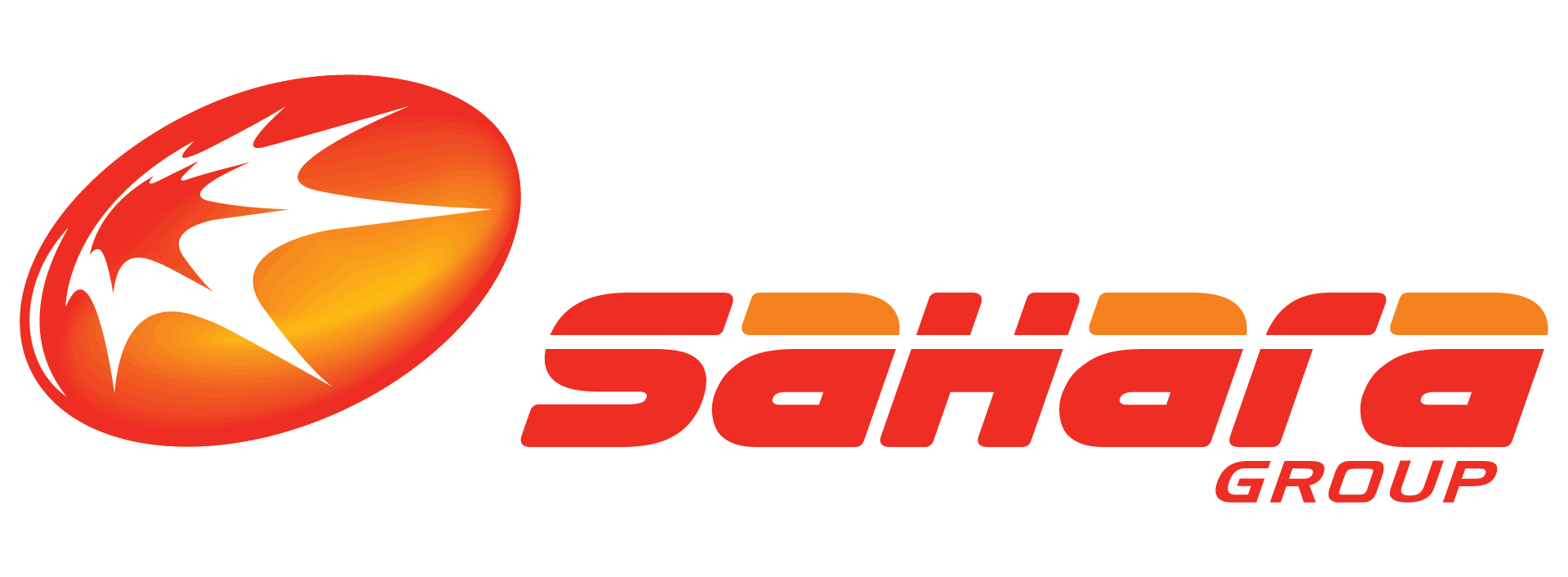The NNPC Limited, Sahara Group, Eroton E&P, and Bilton Energy Ltd. have commissioned Nigeria’s first wholly owned 2.2 million-barrel capacity Floating Storage and Offloading (FSO) vessel, designed to drive sustained oil and gas production, energy reliability, security, and sustainability across Nigeria.
The vessel is Nigeria’s first Crude Oil Terminal to be commissioned in 50 years.
Christened Cawthorne, the Floating Storage and Offloading (FSO) Terminal is a world-class facility designed to enhance crude evacuation from Nigeria’s OML 18 and nearby assets.
SPONSOR AD
OML 18 partners include Nigerian National Petroleum Company Ltd (NNPCL), Eroton E&P, OML Eighteen Energy Resource Ltd. (a Sahara Group Company) and Bilton Ltd.
NNPC GCEO, Bashir Ojulari represented by Udobong Ntia, EVP Upstream, NNPC, said the FPSO “is another bold achievement from the partnership between NNPC and its JV Partners that will guarantee seamless operations and bolster the strategic targets set by the President Asiwaju Bola Ahmed Tinubu towards ensuring optimised upstream production in Nigeria.”
Strategically stationed offshore Bonny, the double-hull FSO vessel with a storage capacity of 2.2 million barrels, represents a bold step forward in strengthening Nigeria’s crude export infrastructure and operational resilience.
The facility will receive, store, and offload crude oil to export tankers, providing a dependable solution to the logistical and infrastructural constraints that have long limited Nigeria’s crude evacuation capacity.
Seyi Omotola, NNPC Chief Upstream Investment Officer, said the vessel represents a “renewed hope” for Nigeria’s upstream sector, adding that it also reaffirms the growing capacity of the nation to make its energy sector globally competitive.
Ibiyemi Asaolu, Managing Director of Niger Delta Exploration and Production Offshore Limited (NEOL) said, “This milestone showcases what is possible when innovation, collaboration, and execution excellence align. With FSO Cawthorne, we are not only securing production continuity from OML 18 but also contributing to Nigeria’s long-term energy infrastructure and revenue stability.”
Etomi said the ultramodern vessel is fitted with digital capabilities that makes it a vessel “built for the future, driving operational flexibility, reduction in carbon exposure from barge movements, and enhances overall evacuation safety. It’s an investment in resilience of the upstream sector and our environment.”
The FSO Cawthorne project was conceived to address persistent challenges in Nigeria’s evacuation system, including limited barging capacity, delays in ship-to-ship transfers, and reduced vessel accessibility due to siltation at various berthing slots which is much needed to support the assets 2025 exit volume of 50kbopd. Through this innovation, OML18 Partners have created a more efficient, safer, and sustainable alternative that will reduce pipeline dependency and the risks associated with oil theft and vandalism.
The vessel can accommodate up to 50 personnel on board, offering a safe, secure, and comfortable environment for crew members and operations staff.
